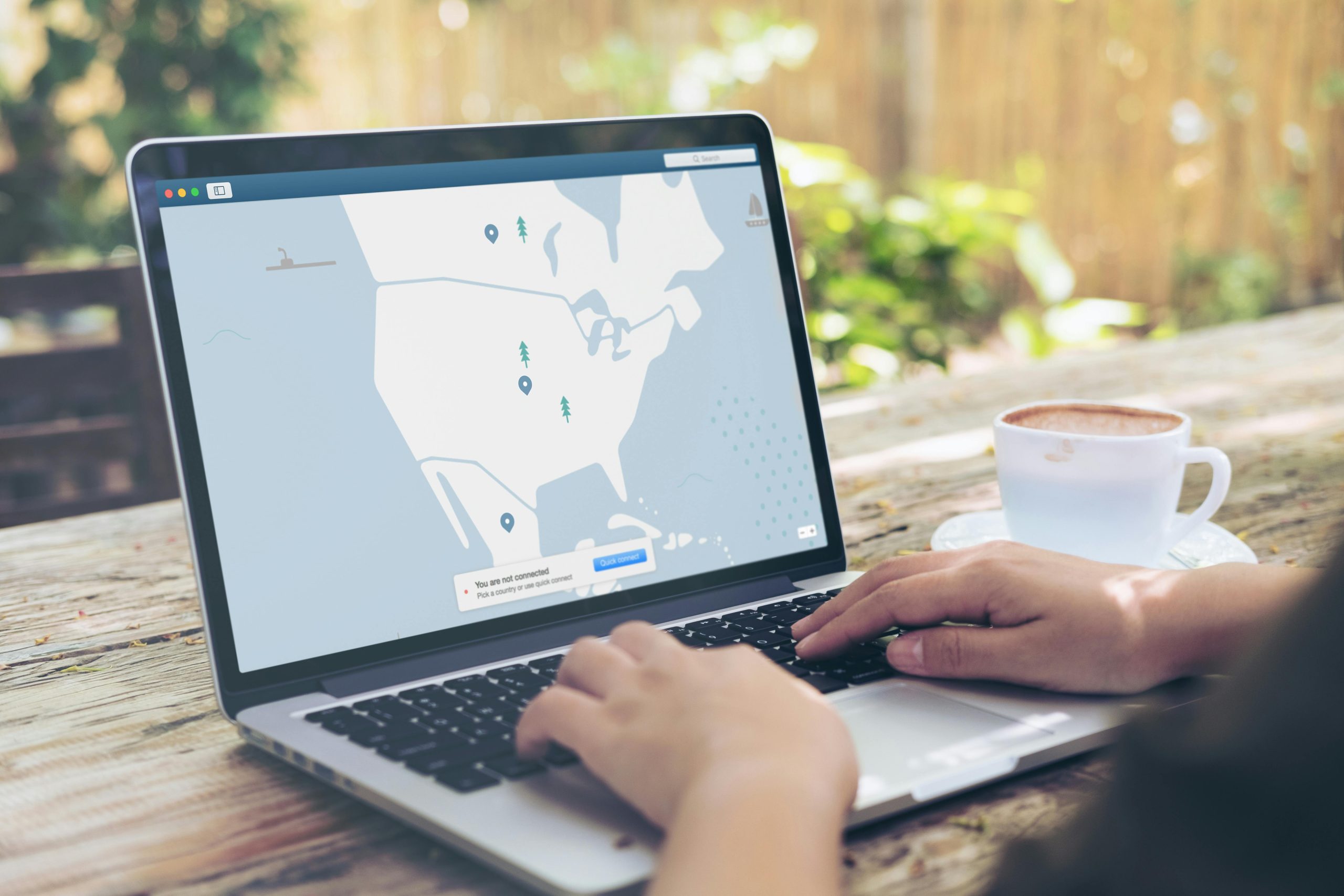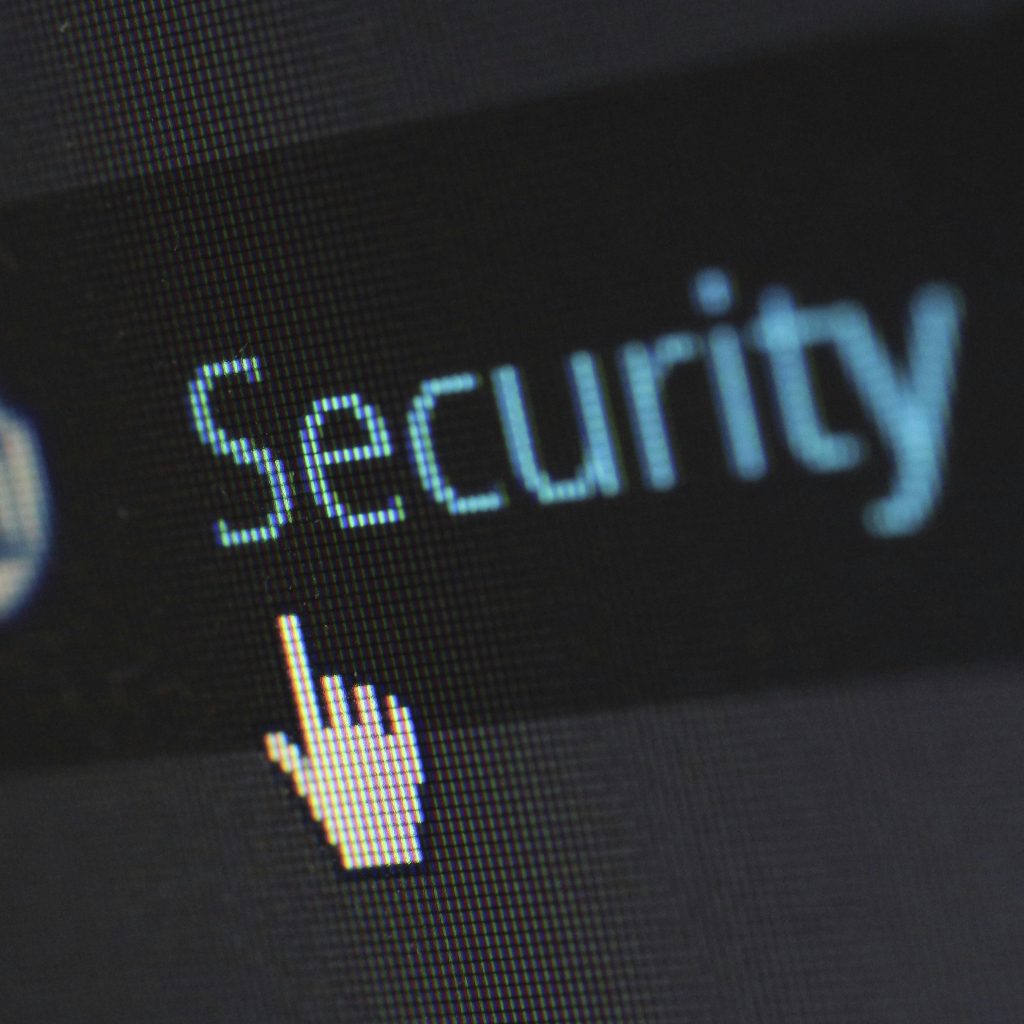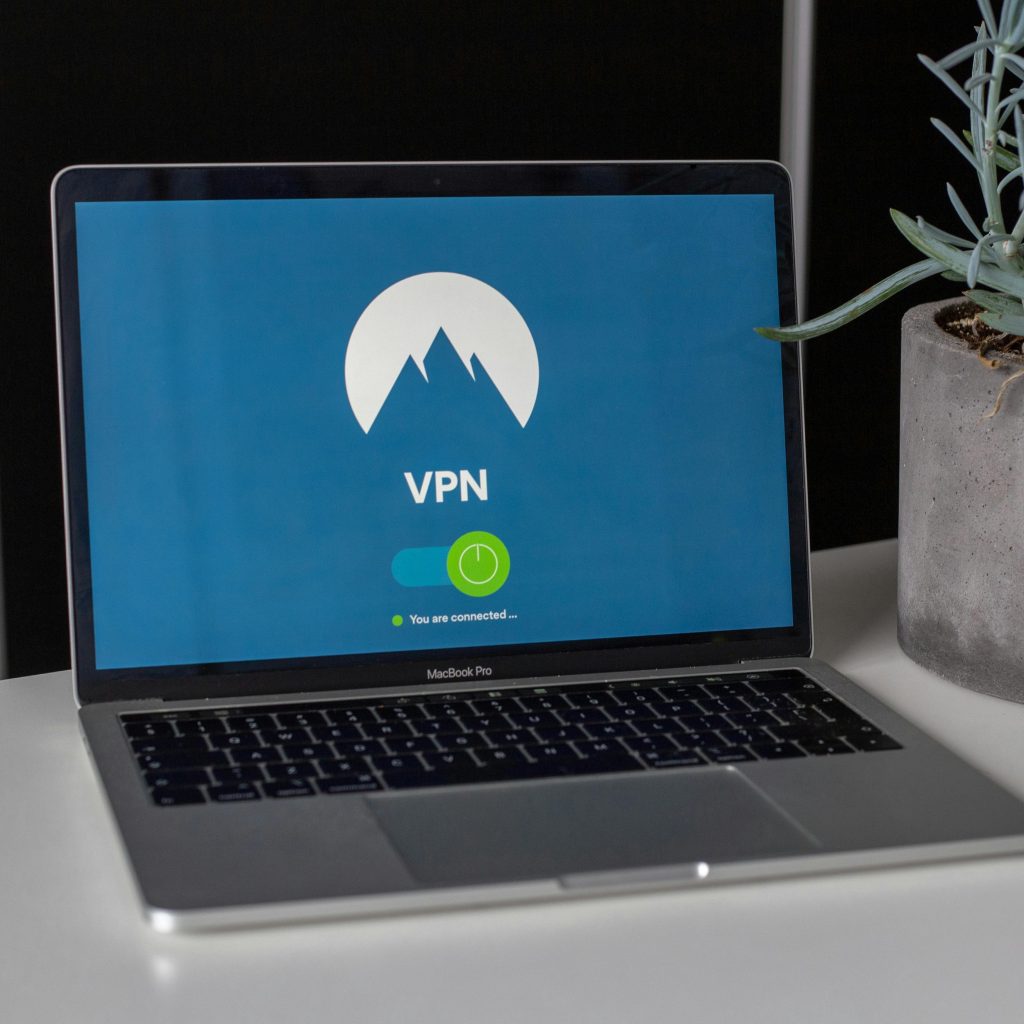
VPN Security Basics: Are VPNs Safe for Everyday Use?
- Posted on December 27, 2024
In today’s digital age, privacy and security are more critical than ever, leading many to wonder, are VPNs safe for everyday use? Virtual Private Networks (VPNs) are widely used to protect online activity, encrypt data, and bypass geo-restrictions. While they offer significant benefits, choosing the right VPN is essential to ensure your information stays secure. This guide explores how VPNs work, their safety for daily browsing, and what to look for in a trustworthy service. Understanding VPN security basics can help you make informed decisions and protect your online presence effectively.
What is a VPN?
A Virtual Private Network (VPN) is a tool that enhances your online privacy by creating a secure, encrypted connection between your device and the internet. This encrypted tunnel protects your data from being intercepted by unauthorized parties, such as hackers or advertisers, ensuring your online activities remain private. VPNs are particularly valuable when using public Wi-Fi networks, where your personal information, like passwords or financial details, could otherwise be vulnerable to cybercriminals. By masking your IP address and encrypting your internet traffic, a VPN provides a layer of security that helps safeguard your identity and sensitive information online.
What Makes a VPN Safe?
Choosing a safe and trustworthy VPN requires careful consideration of key features and potential risks. A secure VPN ensures your privacy through advanced encryption, modern protocols, and robust safety measures. Here’s what to look for when evaluating VPN providers to ensure they meet the highest standards of security.
Key Features of a Secure VPN
A safe VPN relies on several critical components:
- Secure VPN Protocols: Reliable providers use modern tunneling protocols like OpenVPN, WireGuard, or IKEv2/IPSec, offering a balance of speed and security to protect your connection.
- Encryption Standards: Advanced encryption protocols such as AES-256 or XChaCha20 secure data in transit, ensuring that intercepted data remains unreadable.
- Protection Against DNS and IP Leaks: Safeguards against DNS and IP leaks ensure your real location and ISP stay hidden, even if the VPN connection drops.
- Kill Switch Feature: A kill switch automatically disconnects your internet if the VPN connection fails, preventing accidental data exposure.
- Regular Security Audits: Reputable providers undergo independent audits to validate their encryption, privacy policies, and safety claims, enhancing transparency.
- Advanced Features: Features like split tunneling, double VPN, and obfuscation provide added security and help bypass censorship in restrictive regions.
Role of No-Logs Policies in VPN Safety
A strict no-logs policy ensures that a VPN does not store records of your online activities, IP address, or connection details. This commitment to privacy prevents your data from being shared or accessed, even during legal inquiries, making it a cornerstone of VPN safety.
How to Choose a Trustworthy VPN Service
When evaluating VPN providers, prioritize those that:
- Offer strong encryption protocols like AES-256 and modern tunneling options such as WireGuard or OpenVPN.
- Adhere to a strict no-logs policy, ensuring your online activities are never stored or shared.
- Undergo independent security audits to verify their claims and provide transparency.
- Include essential features such as a kill switch and DNS leak protection.
- Operate from privacy-friendly jurisdictions, reducing the risk of government surveillance or data-sharing laws.
- Avoid free VPN services, which often lack robust security measures and may monetize user data.
Red Flags to Avoid in VPN Providers
Steer clear of providers with the following characteristics:
- Lack of a No-Logs Policy: Providers without a clear no-logs commitment might compromise your privacy.
- Free VPN Services: Many free VPNs collect and sell user data or have inadequate security features.
- Outdated Encryption Protocols: VPNs using protocols like PPTP are vulnerable to attacks and should be avoided.
- No Independent Audits: Providers that haven’t undergone third-party audits may have undisclosed vulnerabilities.
- Opaque Ownership: VPNs owned by companies with questionable privacy practices or ties to surveillance agencies pose significant risks.
By focusing on these features and avoiding red flags, you can select a VPN that safeguards your data and provides the privacy and security you need.

Common VPN security risks
While VPNs are widely regarded as a secure way to protect your online privacy and data, they are not without their vulnerabilities. Understanding these risks can help you make informed decisions and take steps to enhance your safety when using a VPN.
Hidden dangers of free VPN services
user data to third parties, undermining their promise of privacy. Additionally, free VPNs frequently use outdated encryption protocols, leaving your data vulnerable to interception, and may even contain malware or trackers. Poorly configured VPNs can also suffer from DNS or IP leaks, inadvertently exposing your real IP address and online activity. This issue is further exacerbated if the VPN lacks a kill switch, which would otherwise prevent data exposure during connection drops.
Vulnerabilities in Outdated VPN Protocols
Another common vulnerability arises from weak or outdated encryption standards and VPN protocols, such as PPTP, which are more susceptible to cyberattacks. Moreover, some VPN providers fail to enforce their no-logs policies, potentially logging user data and exposing it to legal pressure or breaches. VPN providers themselves can also be a security risk if they face server breaches or insider threats due to poor internal controls.
Potential Data Leaks and DNS Issues
While VPNs are a valuable tool for online security, these risks highlight the importance of choosing a trustworthy provider and following best practices to maximize your protection. Look for VPNs that actively prevent DNS leaks and safeguard against data leaks by using strong encryption and robust connection protocols. Reliable providers will also include features like a kill switch and regular independent audits to ensure your data and activity remain secure. Understanding and addressing these risks will help you fully benefit from a VPN without compromising your privacy.
Benefits of Using a VPN
Using a Virtual Private Network (VPN) offers numerous benefits, making it an essential tool for online security and privacy. By encrypting your internet connection, a VPN ensures that your data remains private and protected from hackers, ISPs, and other prying eyes.
Protecting Your Online Privacy
One of the primary advantages is enhanced privacy. A VPN hides your IP address, masking your location and online activity, which is especially useful for avoiding targeted ads or surveillance.
Securing Public Wi-Fi Connections
Additionally, VPNs provide comprehensive protection on public Wi-Fi networks, which are often hotspots for cybercriminal activity. Public Wi-Fi, such as that found in coffee shops, airports, or hotels, typically lacks encryption, making it easy for hackers to intercept your data using techniques like packet sniffing. With a VPN, your connection is encrypted, creating a secure “tunnel” that protects sensitive information such as passwords, bank account details, and personal communications from being intercepted. This level of protection ensures you can browse, shop, or work on public networks without fear of eavesdropping or data theft.
Bypassing Geo-Restrictions Safely
Another key benefit is access to restricted content, as VPNs allow you to bypass geographic restrictions and enjoy streaming or browsing from anywhere in the world. With features like these, a VPN is a valuable tool for anyone looking to protect their online presence and enjoy unrestricted internet access.
Are VPNs Enough for Full Cybersecurity?
While VPNs are a powerful tool for enhancing online privacy and security, they are not a complete solution for full cybersecurity. A VPN encrypts your internet connection, protecting your data from interception and hiding your IP address, which makes it invaluable for safe browsing, especially on public Wi-Fi. However, VPNs do not protect against threats like malware, phishing attacks, or vulnerabilities in your operating system and apps.
VPNs vs. Other Security Tools
While VPNs are a crucial component of online security, they serve a specific role that differs from other cybersecurity tools. A VPN’s primary function is to encrypt your internet connection and mask your IP address, offering privacy and protection against data interception. This makes it especially effective for safeguarding sensitive information on public Wi-Fi or preventing tracking by ISPs. However, VPNs do not address all security threats, which is where other tools come into play.
Antivirus software, for instance, protects against malware, viruses, and ransomware that can compromise your system. It scans files and applications for malicious activity, offering a layer of protection that VPNs cannot provide. Similarly, firewalls act as a barrier between your device and potential threats from the internet, blocking unauthorized access to your system.
Additionally, password managers secure your credentials by generating and storing strong, unique passwords, reducing the risk of account breaches. Tools like multi-factor authentication (MFA) add an extra layer of protection, ensuring that even if a password is compromised, unauthorized access is still blocked. Encryption software also plays a critical role in securing sensitive files stored locally or in the cloud.
Why VPNs Should Be Part of a Multi-Layered Defense
Each of these tools addresses specific vulnerabilities that a VPN cannot cover alone. Together, they create a layered security strategy, which is essential for comprehensive protection in today’s digital landscape. While a VPN is excellent for maintaining privacy and securing data in transit, combining it with other tools ensures that you are protected against a wider range of threats. There are some VPNs that offer an extra layer of protection with tools like Threat protection by NordVPN.
Best Practices for Safe VPN Use
Finally, let’s take a look at how to ensure that the VPN service that you are using is there to protect your data and ensure safe connection to its fullest potential.
Choosing a VPN with Strong Encryption
Here are some recommendations for VPNs that have strong encryption:
Best VPN recommendations of 2025: Affordable, fast & secure picks
NordVPN ($3.09/month) – best for privacy – leading VPN service with thousands of servers, blazing speeds and military-grade encryption.
Surfshark ($2.19/month) – best budget option – a fast VPN service that gives so much for very little: strong encryption, unlimited devices, etc.
Perfect Privacy ($8.95/month) – best for dynamic routing – great Swiss VPN provider for your privacy, though comes with Swiss price tag.
VyprVPN ($5.00/month) – best for safe streaming – another solid all-round Swiss VPN provider.
Regularly Updating Your VPN Software
Always ensure that not only your device, but your VPN app is always updated, whether it is the application or plugin on your browser. This will ensure that all the protocols and the new integrations from the VPN provider are in place and ready to use.
Using Multi-Factor Authentication for VPN Access
This one might be a no-brainer, but using the multi-factor authentication for any application or website that you are logging into adds an additional security layer. Make sure to setup this for your VPN as soon as you download it, and use an authentication app on your phone to approve the login.

Are VPNs safe – final thoughts
VPNs are an essential tool for enhancing your online privacy and protecting sensitive information. They are a secure tool to use, as they create a secure, encrypted connection that shields your data from prying eyes, particularly on public Wi-Fi networks. However, as this article has demonstrated, VPNs are not a one-size-fits-all solution for cybersecurity. They work best when integrated into a multi-layered defense strategy that includes antivirus software, firewalls, password managers, and strong authentication methods. By combining a VPN with these additional security measures and following best practices, you can enjoy safe and secure browsing in today’s digital landscape.
FAQs
Are there any dangers in using a VPN?
Using a VPN is generally safe, but there are potential risks. Poor-quality or free VPNs may log your data, compromise privacy, or expose you to malware. Additionally, using a VPN in countries with strict regulations might violate local laws. Always choose a trusted, reputable VPN provider to minimize these risks.
Can VPNs be trusted?
VPNs can be trusted if you choose a reputable provider with a strong no-logs policy, robust encryption, and transparent operations. Trusted VPNs like NordVPN or ExpressVPN prioritize user privacy and security. However, avoid free or lesser-known VPNs, as they may log your data or sell it to third parties.
Can anyone track me if I use a VPN?
When using a reputable VPN, your online activity is encrypted, making it difficult for anyone to track you. However, your VPN provider can see your traffic if they log data, so choose one with a no-logs policy. While a VPN enhances privacy, it doesn’t make you completely anonymous online.
Is using a VPN illegal?
Using a VPN is legal in most countries, as it enhances privacy and security. However, some nations, like China, Russia, and Iran, restrict or regulate VPN usage. Check local laws before using a VPN in such regions. Ensure you use a VPN for lawful activities to avoid potential legal issues.
At Tips from Geeks, our expert team is dedicated to helping you navigate the world of cybersecurity, VPNs, and data protection. We research and share the latest discounts from trusted sources, including YouTubers, while providing accurate and up-to-date technology insights. Our goal is to help you make informed decisions to stay safe online while saving money.
In today’s digital age, privacy and security are more critical than ever, leading many to wonder, are VPNs safe for everyday use? Virtual Private Networks (VPNs) are widely used to protect online activity, encrypt data, and bypass geo-restrictions. While they offer significant benefits, choosing the right VPN is essential to ensure your information stays secure.…
